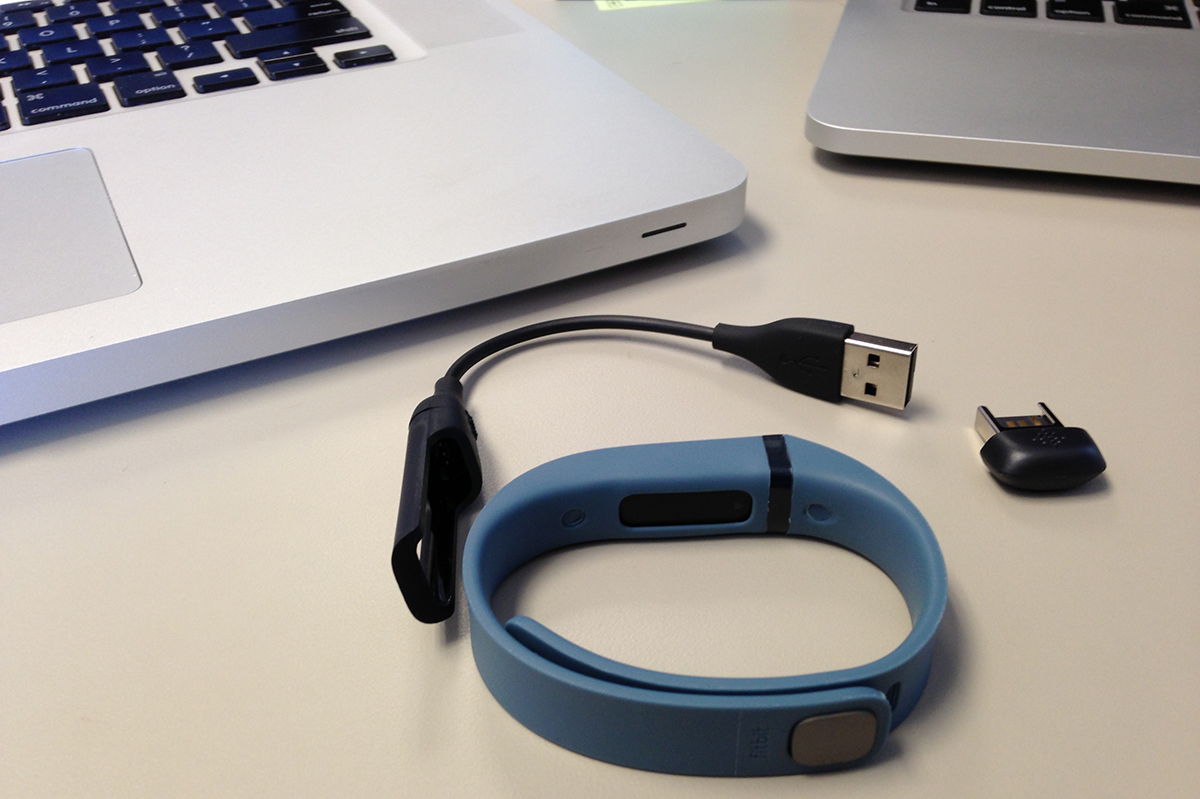Fitbits Could Help Find New Breast Cancer Treatments

Fitbit photo by Mark Nichols on Flickr/Creative Commons
For most of us, a Fitbit’s most important function is that satisfying buzz that lets us know we’ve hit 10,000 steps. But Dana-Farber Cancer Institute (DCFI) is using the ubiquitous fitness trackers for something quite a bit more significant: research that could change the way breast cancer is treated.
DCFI and Fitbit are partners in the Breast Cancer Weight Loss (BWEL) study, an effort to determine whether dropping pounds can keep breast cancer at bay. BWEL, which begins in August, will enroll 3,200 obese or overweight women with early-stage breast cancer, outfit them with Fitbits as they embark on a two-year weight loss intervention, and monitor whether lower body weight correlates to fewer breast cancer recurrences.
Research widely suggests that obesity may heighten the risk of developing breast cancer—as well as other types of disease, such as pancreatic cancer—and reduce the odds of surviving it, but BWEL is the first project to directly assess the relationship between weight loss and cancer recurrence.
“If this study shows that losing weight through increasing physical activity and reducing calories improves survival rates in breast cancer, this could lead to weight loss and physical activity becoming a standard part of the treatment for millions of breast cancer patients around the world,” the study’s lead investigator, Jennifer Ligibel, said in a statement.
Women enrolled in BWEL will remotely receive health and fitness tips from a health coach, instructing them on how to cut calories and increase physical activity. Fitbit trackers, scales, and software will help to simultaneously keep study participants motivated, and provide coaches with an easy way to see how their clients are doing.
“We are thrilled to partner with Dana-Farber Cancer Institute on this type of intervention research,” Fitbit’s Chief Business Officer Woody Scal said in the statement, “helping find the link between key behavioral changes and breast cancer recurrence, and potentially helping reduce the terrible burden of cancer for millions of women and their families worldwide.”


